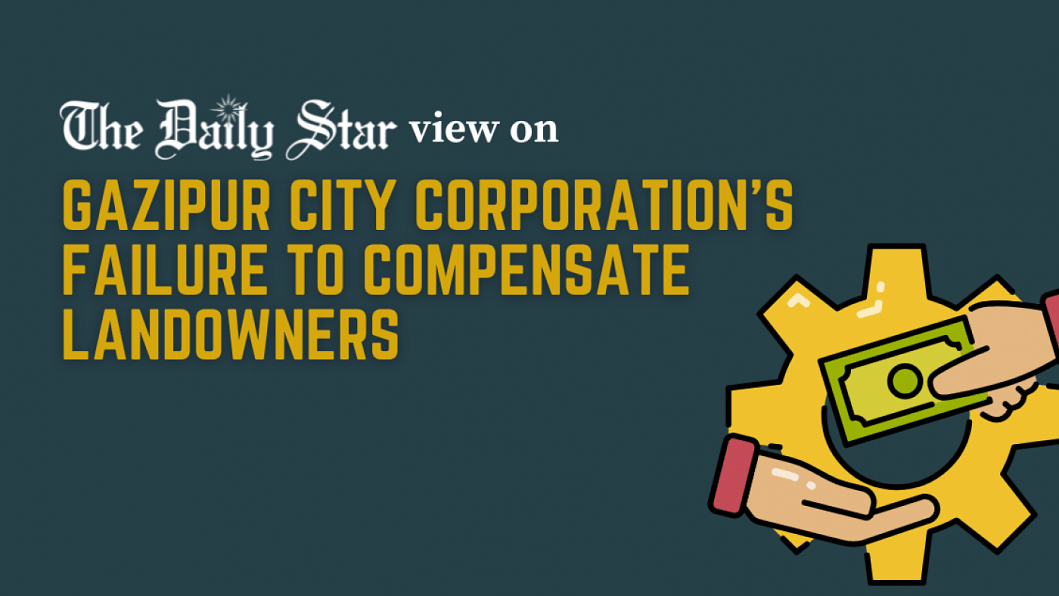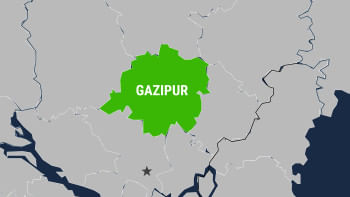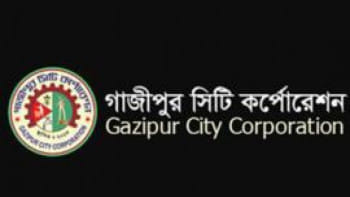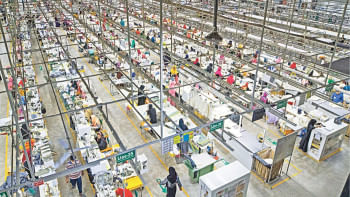No compensation for affected landowners?

We're surprised to learn that the Gazipur City Corporation (GCC) has resumed work on a controversial initiative of widening streets and constructing drains and footpaths without compensating residents whose land had been forcibly taken away from them. The two related projects were stalled after mayor Mohammad Jahangir Alam, accused of various irregularities including land grabbing, was suspended in November last year. Several thousand residents of the city had by then lost their land and properties. The resumption of work, despite two previous High Court stay orders, means their ordeal will continue with no promise of compensation yet from the government.
How ethical is it for the new GCC administration to resume work without fixing what led to its stalling in the first place? It indicates their skewed sense of priorities.
Meanwhile, part of the work has already been completed in some places. Reportedly, around a 200m stretch of the Dhirashram-Chhoto Dewra road, the construction of which was earlier stalled, was completed two months ago. Besides, asphalt is being laid on a 3km stretch from Karkhana to Kaultia link road in North Salna. Work is also underway on a 2km stretch from Porabari Kata road to Colony road. This is despite affected landowners – whose buildings, shops and factories were demolished – saying they were aware of no progress in paying damages, or determining the prices of their land, or making the acquisition official. The GCC says that it is trying to move the needle on this front – through making a list of affected landowners and discussing with the higher authorities – but is unable to compensate them on its own.
This means that the government will have to intervene and manage funds if the owners are ever to get any payment. The question is, how ethical is it for the new GCC administration to resume work without fixing what led to its stalling in the first place? It indicates their skewed sense of priorities and a failure to own up to their faults. Also, are we to believe that there are no provisions for land acquisition and compensation in the Tk-2,200-crore projects meant to widen almost 800km of roads and construct drains and footpaths in Gazipur? Where did the money for that go? The GCC administration must answer these questions.
Unfortunately, this mismanagement is the hallmark of government projects in Bangladesh. According to the Centre for Policy Dialogue, lack of good governance is routinely undermining the efficiency of public infrastructure projects (PIPs). It manifests itself at various stages of a project – through poor feasibility studies, discrepancies in procurement, forced land acquisition (often at artificially inflated prices), frequent project revisions with time and cost overruns, etc. A systemic lack of accountability has allowed these irregularities to persist without any end.
We urge the authorities to prioritise paying compensation for the forcibly occupied land of Gazipur residents, which itself is an offence. While completing the development work is important, compensating those affected should also be treated with equal importance. The point of development is lost if citizens suffer at the cost of it.

 For all latest news, follow The Daily Star's Google News channel.
For all latest news, follow The Daily Star's Google News channel. 







Comments